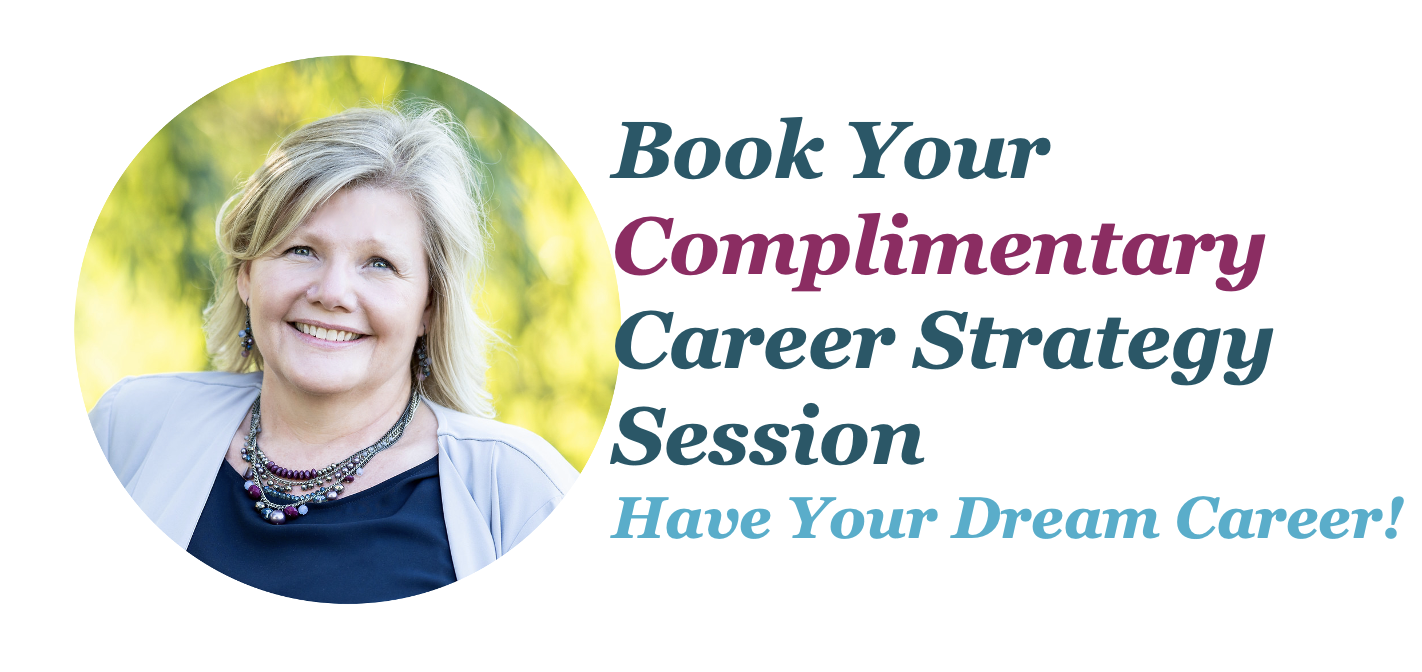1 Reason Why Changing Jobs May Not Bring You Happiness at Work and What You Can Do About It3/8/2022 If you’re thinking about changing jobs because you’ll be happier elsewhere, here’s something to consider to ensure your next career move delivers. When work is harder than it needs to be you have a “stressor” actively impacting your happiness at work (sometimes more than one). Work stressors will be unique to each person, but here are a few obvious ones:
Notice what’s missing on the list? Work-related tasks. Notice what’s on the list? Circumstances that create unwelcome feelings. This is a very important distinction, and here’s why:
Frustration is a feeling of annoyance that occurs when something doesn't go as you expect (despite your best efforts … and expertise). Frustration is stress’s evil twin. Frustration is a by-product of life, but too much of it and our bodies have no way of dealing with the overage. So, it gets stuffed down, stored:
Because you’re a professional; you get frustrated, you suck it up. Frustration doesn’t just go away. It finds a place in your body to wait until you can let it out. Many people don’t let their frustration out later because that would mean you’re at risk of taking it out on the people you respect (or love). It sits inside you, stored with your memories. When the level of frustration cancels out the benefits of work many professionals change jobs. Change your environment, and you’ll leave behind your stressors. That’s possible, except for one thing…. You may have removed the causes of your frustration (the stressors), but you still have unprocessed frustration inside you (stress). It didn’t just go away because you changed jobs (particularly if it’s been building for a while). That “frustration bank” goes with you to the new job, so if there’s any hint that things may be similar to what they were like at the old job, all that frustration comes flooding back (and the energy aftermath that comes with it). Here’s an example: Jane was 2 years into her promotion when her team was given a massive project, responsible for 20% of revenue over the next 3 years. She was excited. As the project unfolded, she realized they had neither the staffing levels, nor some of the expertise needed on her team to successfully deliver. She put together a business plan to address the issues and presented it to her VP. After being told for weeks that a decision hadn’t been made yet, she pressed. She was then told by her VP that they felt her team had everything they needed to be successful, if only she would believe in her own team. Jane recognized this for what it was: gaslighting. She was incensed and understood her boss wasn’t going to help her or her team. Jane was an accomplished professional and had no trouble finding a new Director role elsewhere, joining “The Great Resignation”. However, a few weeks into the new role and Jane again faced the circumstance where there was missing expertise on her team. She put together a business plan to address it, but could feel a familiar tension building in her. Her plan was not immediately adopted and as a result Jane spent a weekend at home being really angry (and then completely worn-out) because she was in the same circumstance she’d left behind in her previous position. Monday came, and a tired Jane dreaded going into work, just like at her last job. It was an effort to keep her game-face on to get through the day. Her new boss asked to speak to her about her proposal. Jane’s stomach dropped. She wasn’t sure she could handle getting feedback or rejection today… I’ve seen this pattern with so many amazing and talented people, and it’s a tough one because when you make the not-insignificant move to change roles (or employers) the impact of frustration from your previous role will still be there, almost as if you’d never changed jobs at all. For Jane, the meeting with her new boss was to clear up some questions on her proposal that had come from the CEO, and once those were addressed Jane’s proposal was approved. But Jane, rather than feeling the full accomplishment of her expertise (and excitement for her expanding team), could only see all the things that needed to be done to put her plan in place at a time when she felt completed exhausted. Jane questioned her own ability to do this work. Just moving positions isn’t the whole answer. You need to work with the emotional after-math of frustration from your previous role, especially if frustration is why you left, or it will impact you in your new position. If you’re finding this difficult to do, working with a coach will ensure you set yourself up for all the success and happiness you work so hard to have in your career. I’ve worked with hundreds of “Janes”, helping them find their joy again at work. Everyone deserves to be happy at work. Carleen opened up an entire world that I never knew existed. She helped me see how important it is to live and work while fulfilling every part of what makes you your own person.
0 Comments
Your comment will be posted after it is approved.
Leave a Reply. |
|
|


